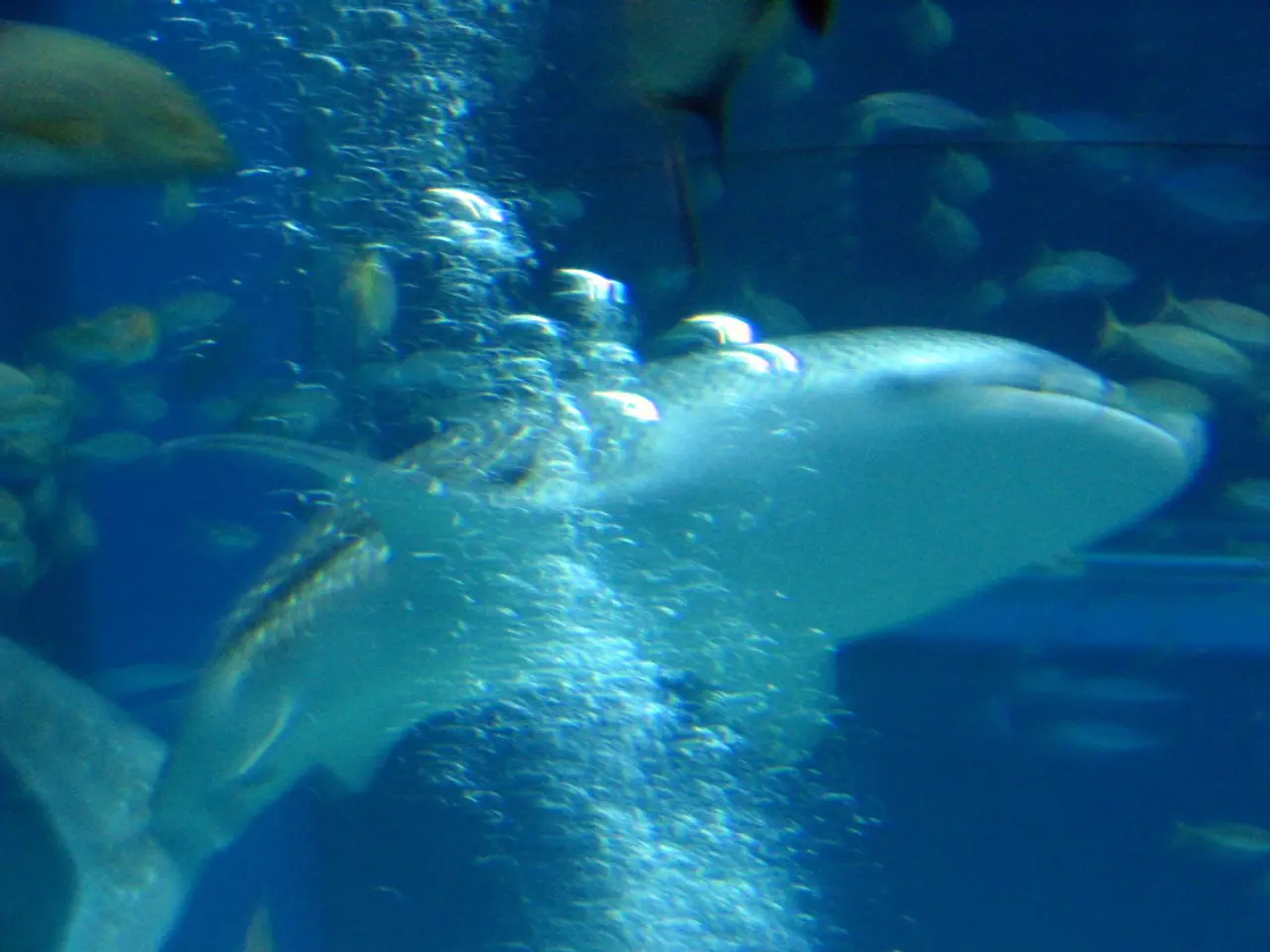Shark conservation faced a setback even before its inception, due to the impact of the movie 'Jaws'.
Sharks: Rethinking the Fin Frenzy
Back in 1975, Jaws not just scared the living daylights out of us, but it shifted the public's view of sharks. Generations of beachgoers, once indifferent to the creatures below the waves, now saw them as remorseless predators lurking in the shadows. The music and that iconic dorsal fin turned sharks into the Public Enemy Number One. But what happened next was a price these beasts didn't deserve.
Shark populations in the open ocean have significantly dropped, around 70%, since 1970. Excessive fishing accounts for the majority of this catastrophe, but the shark-centric policies that followed Jaws' cultural hysteria can't be ignored. Considering the ineffectiveness and even counterproductivity of these measures, fear played an undeniable role. Governments worldwide introduced shark culls, protective nets, and baited drumlines, all in the name of safety, but not just the "dangerous" sharks ended up losing their lives but so did countless other marine creatures like rays, turtles, and dolphins.
Nature's balance gets disrupted when apex predators like sharks aren't there. In coral reef systems, sharks help regulate populations of mid-level predators, which in turn keeps algae-eating fish populations healthy. Remove the sharks, and the alga grows rampant, negatively affecting coral reefs and, ultimately, the thriving marine life they support. Economically, the fallout could amount to billions of dollars, with coral reefs generating an estimated $36 billion per year in tourism.
Studies have shown that fear-based policies didn't significantly reduce shark bites, while costing resources that could've been spent on education campaigns, improved tracking systems, and genuine shark research, which actually help reduce risks without causing environmental harm. Sadly, media portrayals such as "attacks" and the manufactured notion of sharks as mindless killers continue to reinforce this myth. It's important to remember, the likelihood of a fatal shark bite is one in 3.75 million - a number surpassed by the probability of meeting an untimely end while attempting a selfie or being struck by lightning.
Interestingly, Jaws hasn't just instilled terror but also sparked a fascination with sharks. Popular events like Shark Week and adventurous water explorers on social media strive to dispel old myths and replace them with newfound respect for these apex predators. However, changing the public's perception alone won't save sharks from the perils they currently face. That requires stronger policies, international cooperation, and substantial investment in shark conservation. Conservation efforts have gained momentum in recent years, with fishing practice reforms, the banning of shark finning, the creation of marine protected areas, and protective measures for various shark species. Though the battle isn't over, it's encouraging to see nations appreciate the value of live sharks over their dead counterparts. Some species, however, hover on the brink of extinction, and swift action is needed to ensure their survival in our lifetime.
We now possess the wisdom of hindsight and the responsibility to make amends for Jaws' unintended consequences. These creatures were redefined as monsters; it's time for us to restore their rightful status as vital components of our marine ecosystems. If we fail to protect them, the real horror story won't be about sharks but about humanity's shortsightedness.
- The movie 'Jaws' not only popularized the field of environmental-science, particularly focusing on sharks, but also contributed to a fear-based policy-and-legislation that has had negative effects on shark populations and other marine animals.
- The drop in shark populations since 1970 can be partially attributed to excessive fishing and faulty policies initiated due to the cultural hysteria generated by the movie 'Jaws'.
- Addressing climate-change and preserving shark populations requires stronger policies, international cooperation, and substantial investment in shark conservation to ensure the survival of various shark species and maintain the balance in our ocean's wildlife.




